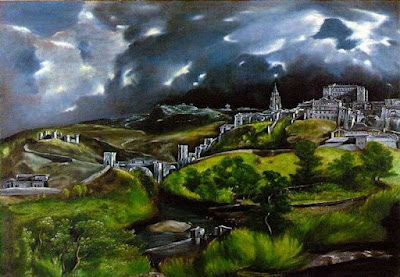Maps of Awakening

Image to accompany Roger Thisdell’s ‘cosmological’ map, described below In the previous blog I wrote about the ‘do nothing’ meditation and Tilopa’s advice to “just rest”. This blog is about more structured approaches, specifically maps of the awakening process and the stages one goes through on the path to liberation. At the risk of losing readers before I’ve even started I should say that I don’t use maps to guide my practice. I’m more of a ‘do nothing’ sort of person in the way of the previous blog (https://herethewaking.blogspot.com/2024/06/develop-inner-peace-and-clarity-tilopas.html). However, I do find maps very interesting and I think they might help some people to get up off the couch, put their footie boots on and get onto the pitch (the European Football Championship is on at the time of writing…). And the authors of the...





